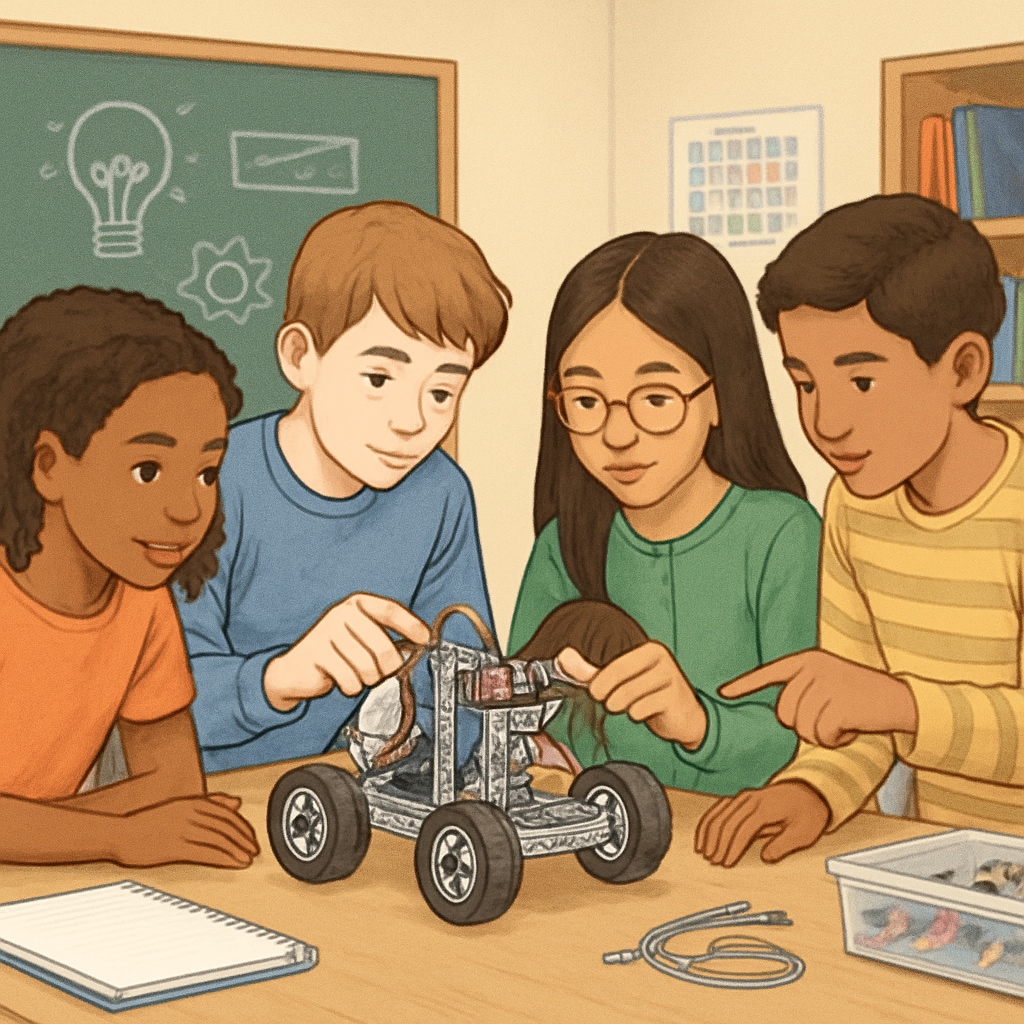Learning motivation, professional interest, and academic struggles form a critical triad shaping educational outcomes. Many college students face disengagement when their studies don’t align with personal passions – a problem often rooted in undeveloped curiosity during foundational K12 years.

The Motivation Crisis in Higher Education
Recent studies from the American Psychological Association reveal that 43% of undergraduates experience significant motivation drops when majoring in uninteresting fields. This disconnect frequently stems from:
- Early specialization pressures
- Standardized testing dominance
- Limited career exploration opportunities
Building Sustainable Academic Engagement
Research from Self-Determination Theory suggests three core components for lasting motivation:
- Autonomy: Student-directed learning paths
- Competence: Achievable challenge progression
- Relatedness: Meaningful peer/mentor connections

Practical implementation requires systemic changes. Project-based learning, for example, increased STEM interest by 28% in pilot schools according to National Science Foundation data. Similarly, career mentorship programs bridging K12 and higher education demonstrate 37% higher major satisfaction rates.
Early Intervention Strategies
Effective approaches include:
- Interest inventories starting in middle school
- Rotational exposure to various disciplines
- Authentic project experiences
- Reflective journaling about learning experiences
As education systems prioritize these methods, we can transform passive learners into engaged scholars. The key lies in nurturing rather than prescribing curiosity – creating pathways where academic interest naturally flourishes.


